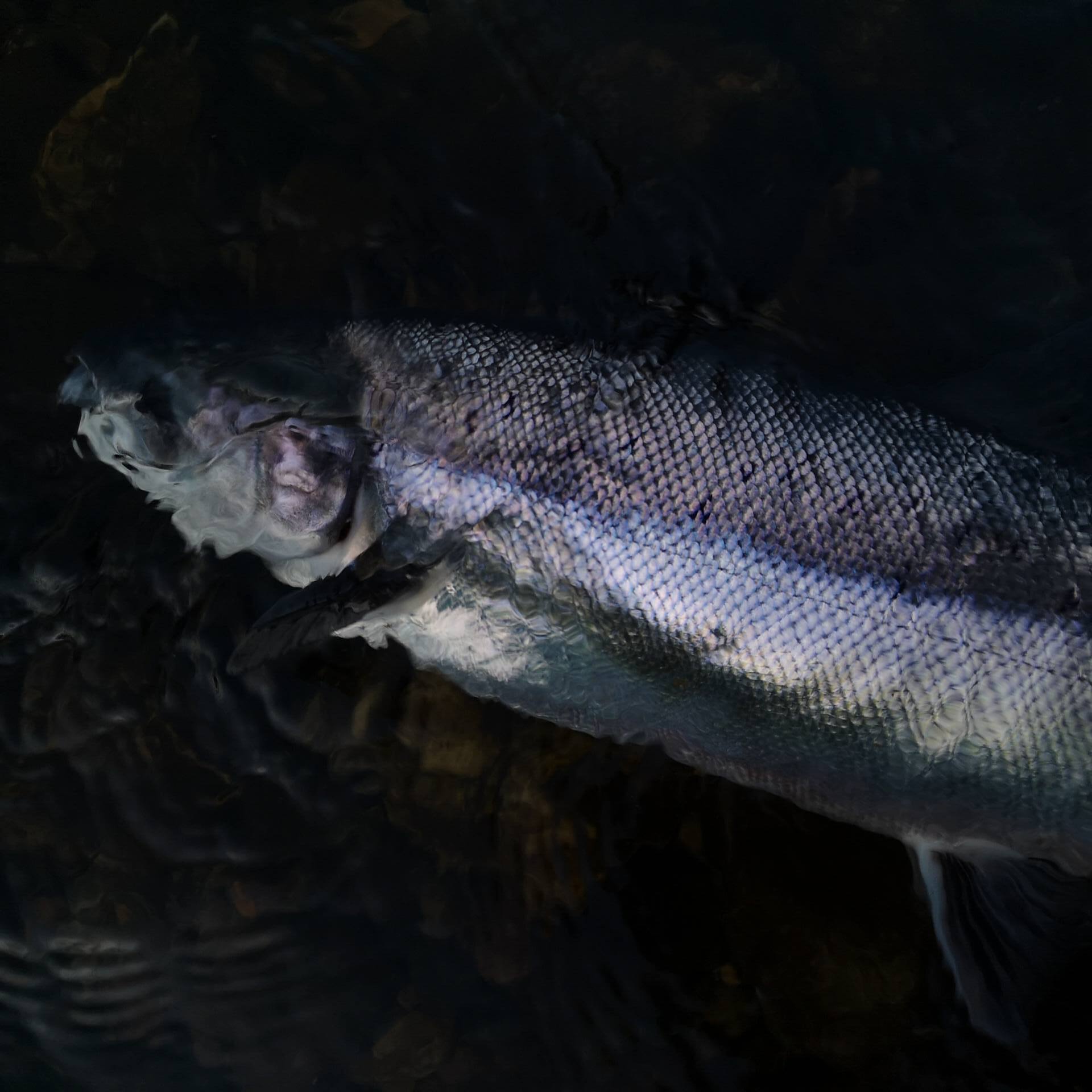Release every fish, or we’ll make it law, says government

Currently, Scottish anglers release 95% of all salmon caught.
The Scottish government is seeking views on the encouragement of voluntary measures to enhance catch-and-release rates to 100% across the whole of Scotland, writes Mark Bowler.
These measures would include highlighting catch-and-release best practice guidance to reduce post-catch mortality. The proposal comes with an underlying warning: “should these voluntary measures be unsuccessful in achieving 100% catch-and-release”, say the government, “we are also seeking views on the prospect of introducing mandatory measures in future to achieve this aim. This would potentially involve amending legislation to prohibit the retention of Atlantic salmon on all rivers in Scotland, regardless of their river grading”. Basically, the government is proposing that if anglers do not release 100% of the salmon they catch voluntarily, then they will make it law.
Catch-and-release in 2021 in Scotland accounted for 95% of the total rod catch of salmon and 99% of the rod-caught spring salmon (taken before May 1). Catch-and-release rates have steadily increased since 1994, when such information was first recorded.
This proposal comes on the back of the acrimonious ‘All Wales’ byelaws which were introduced cross all Welsh rivers in 2020. Many anglers and clubs in Wales felt that, with very high recorded voluntary catch-and-release rates, anglers were being implicated as the main cause of the demise of Atlantic salmon and, indeed, this was the only government action being taken whilst many other factors were responsible for the population’s demise.
Anglers also argued that the small percentage change in released adult fish resulting from mandatory catch-and-release would make very little difference to total egg-deposition at spawning time. The anglers also claimed their grievances about the mandatory laws were not heard, objections were not listened to, and the resultant strict ruling resulted in a massive decline in angler numbers.
Local fisheries action groups claim that there was a 31% fall in rod-days on ‘All Wales’ rivers after the introduction of the new byelaw, and a similar fall when the river Severn also fell under the influence of the same byelaw (on English rivers, which had no mandatory catch-and-release byelaws, rod-effort fell by 1–8% over a corresponding period). If Scottish game anglers were to be forced by government to relinquish their right to take a fish, then it’s highly likely that angler numbers in Scotland would fall dramatically.
The Angling Trust, recognised by the government as the national governing body for angling in England, and a partner with Visit Wales and NRW to promote Fishing in Wales, announced at the time that the imposition of mandatory catch-and-release on Welsh anglers was “illogical, disproportionate and impractical”. It stated that “for many game anglers it is very important that they have the right to take a fish, even if they choose not to exercise it for conservation reasons”, thus making voluntary catch-and-release the best way to proceed. Its underlying message being: the demise of salmon in UK is not the anglers’ fault, so why regulate them?
If you wish to submit a view on the proposals for achieving higher catch-and-release rates in Scotland, you can do so online through the government’s consultation hub: https://consult.gov.scot/marine-scotland/salmon-proposed-river-gradings-2023/
All consultation responses should be submitted before the closing date of Friday, September 9, 2022.



